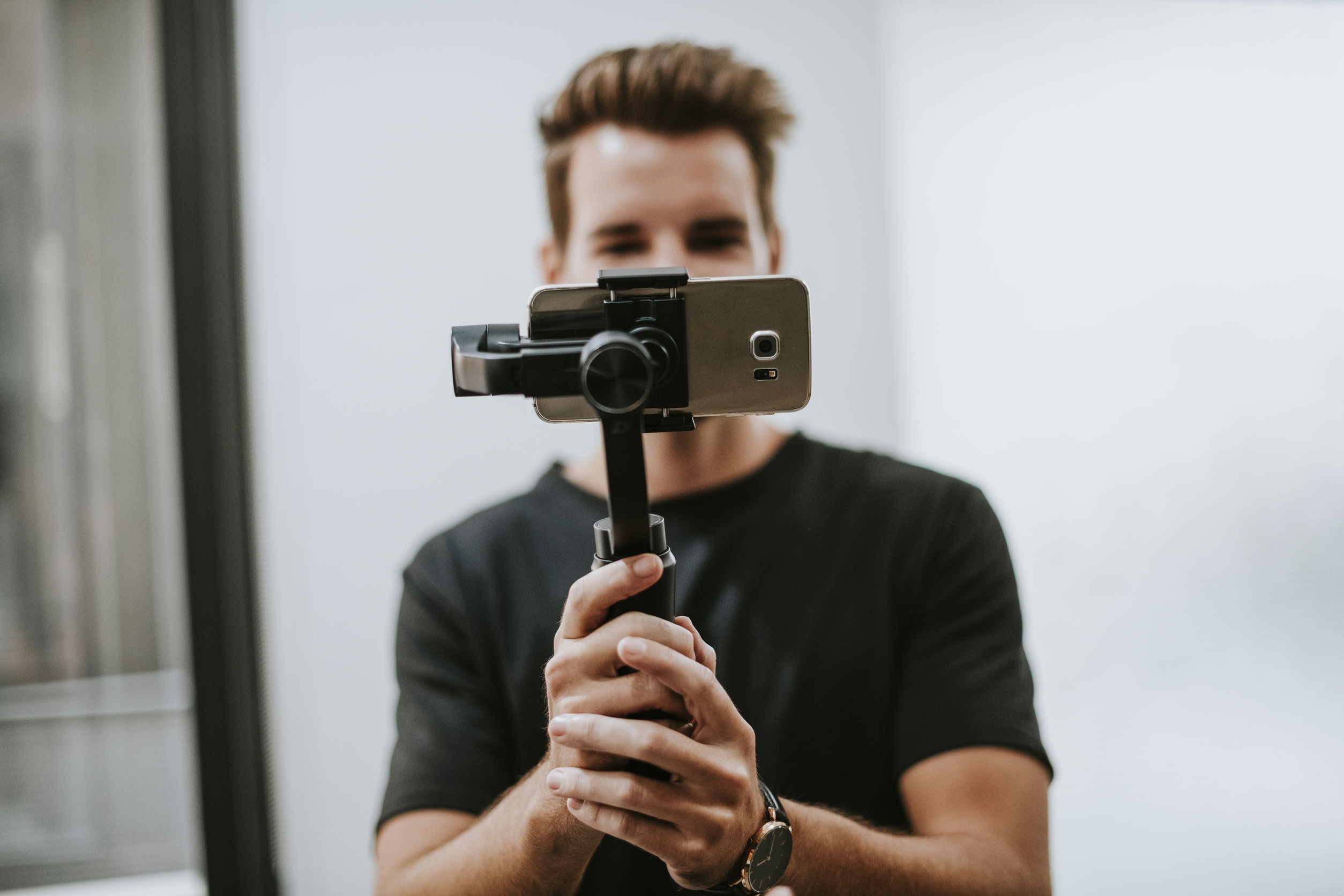How to maximize video production on a tight budget
Minimalism is hot right now. Here’s how to produce or enhance your next piece for a pittance.

With the onset of COVID-19, the natural evolution of what marketers are doing and what’s working is changing.
Some shifts include an even greater emphasis on authenticity, understanding audiences and their unique struggles, and keeping empathy at the forefront of all messaging.
But the biggest content marketing switch as a result of COVID-19 is the resurgence of low-production video.
Before the virus, enhanced visual effects, highly produced videos and virtual reality components were all becoming commonplace in marketing for businesses big and small. Things have changed now, with people practicing social distancing and limiting the number of workers in physical spaces.
Now that we sense an increased tolerance for low-production video, we can explore how to use it.
Speaking sessions and webinars. Companies across the world have had to postpone or cancel events of all sizes. Rather than scrapping all plans, companies can utilize low-production video to capture the same speaker sessions, webinars, and roundtables that they had planned to do in-person. While some videos demand a higher production value (for example, company overview videos), low-quality videos work well to simply connect one person to another and share ideas.
A more authentic social media presence. We know by now that video engagement via social posts is high. In fact, according to Wyzowl, 93% of brands got at least one new customer after posting video to social media this year.
Enhance a company’s social media presence through authentic and engaging low-production content from employees, company partners, and leaders. This may include splicing together sound bites from employees showing support for organizations or movements that mean something to the company, or enabling employees to show off their home offices or showcase how they’re utilizing certain products that relate to the business.
For example, if the company sells tech products, having employees shoot and publish tech tours of their homes, pointing out which gadgets they have and why they love them, could be valuable content.
Videos to accompany blog posts. Not everyone takes the time to read an article. And while many people might feel uncomfortable in front of a webcam, audiences can benefit from a “face-to-face” explanation of a complex idea.
Supplementing blog content with informative videos can help those who prefer to digest information through alternate mediums. These are also great pieces because they take very little work to make and can be shared via social media or a company e-newsletter.
There will always be a time and place for high-quality video. But high-quality production isn’t the only method to achieve a high-performance video.
Mollie Kuramoto is a marketing manager at Element Three.






